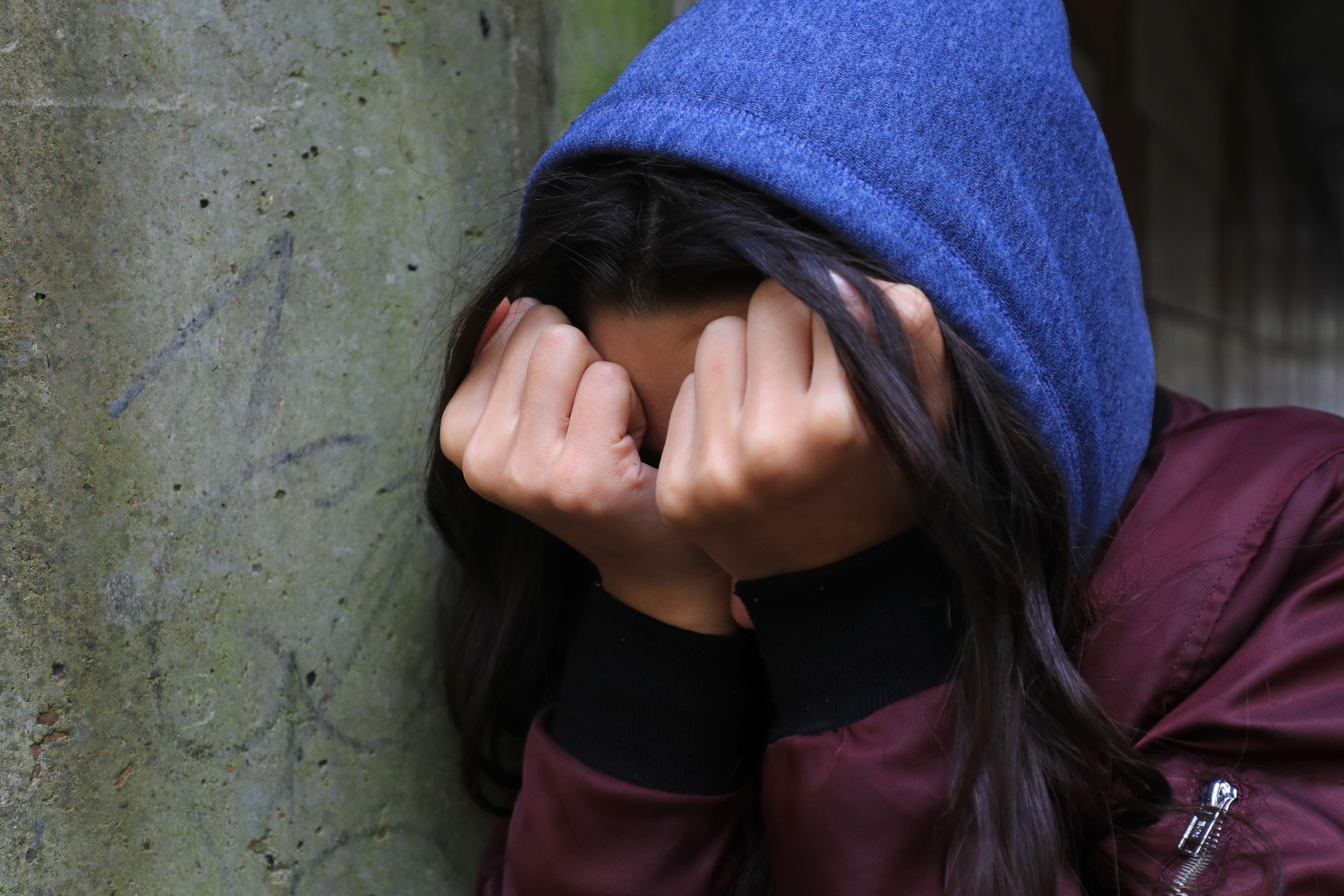NSPCC concerned over impact of coercive and controlling behaviour on children
The charity said some forms of abuse, such as coercive control, can sometimes be overlooked or minimised.

Your support helps us to tell the story
From reproductive rights to climate change to Big Tech, The Independent is on the ground when the story is developing. Whether it's investigating the financials of Elon Musk's pro-Trump PAC or producing our latest documentary, 'The A Word', which shines a light on the American women fighting for reproductive rights, we know how important it is to parse out the facts from the messaging.
At such a critical moment in US history, we need reporters on the ground. Your donation allows us to keep sending journalists to speak to both sides of the story.
The Independent is trusted by Americans across the entire political spectrum. And unlike many other quality news outlets, we choose not to lock Americans out of our reporting and analysis with paywalls. We believe quality journalism should be available to everyone, paid for by those who can afford it.
Your support makes all the difference.A charity has warned about risks facing some young people over the summer holidays as it revealed it had almost 1,400 reports to its helpline about the impact of coercive and controlling behaviour on children last year.
The NSPCC said its helpline responded to 4,412 contacts from adults between April 2022 and March, whose main concern was about children experiencing domestic abuse.
Of those, 1,359 contacts specifically mentioned coercive and controlling behaviour, the charity said.
The NSPCC said its Childline service had delivered 1,096 counselling sessions with children and young people whose main concern was domestic abuse and that in 221 counselling sessions, children specifically mentioned concerns about coercive and controlling behaviour.
The charity said some forms of abuse, such as coercive control, can sometimes be overlooked or minimised.
It defined coercive control as including assault, threats, humiliation and intimidation or other abuse that is used to harm, punish, or frighten a partner or ex-partner.
It said children can feel isolated and frightened as a result and might have poor mental health as a direct consequence.
It is vital that everyone is aware of what coercive control can look like
Paddi Vint, development and quality manager for the domestic abuse practice adviser team at the NSPCC Helpline, said risks can be higher over the summer as children are away from teachers and other adults “who often spot concerns and who they can turn to for support”.
She added: “It is vital that everyone is aware of what coercive control can look like. This will mean that more of us can spot the signs that children and young people may be experiencing it and reach out with any concerns.
“We will continue to press the Government to improve the support available for child victims of abuse, including by increasing the supply of high quality, specialist therapeutic and mental health support within local communities across the country.”
A Government spokesperson said: “The impact of domestic abuse is devastating and it is especially cruel that children are being affected by this horrific crime. This is why we have invested additional funding into vital services supporting children who have been impacted.
“More than £10 million has been allocated to organisations providing vital support to children who have survived domestic abuse, such as counselling and 1:1 support.
“Alongside this we have introduced tougher measures on the most dangerous domestic abuse offenders, including ensuring those who commit controlling or coercive behaviour and sentenced to 12 months or more are managed in the same way as the most violent offenders.”
People with concerns about the welfare of a child can call the NSPCC Helpline on 0808 800 5000 or email help@nspcc.org.uk.
Children can contact Childline on 0800 1111 or visit https://www.childline.org.uk/.